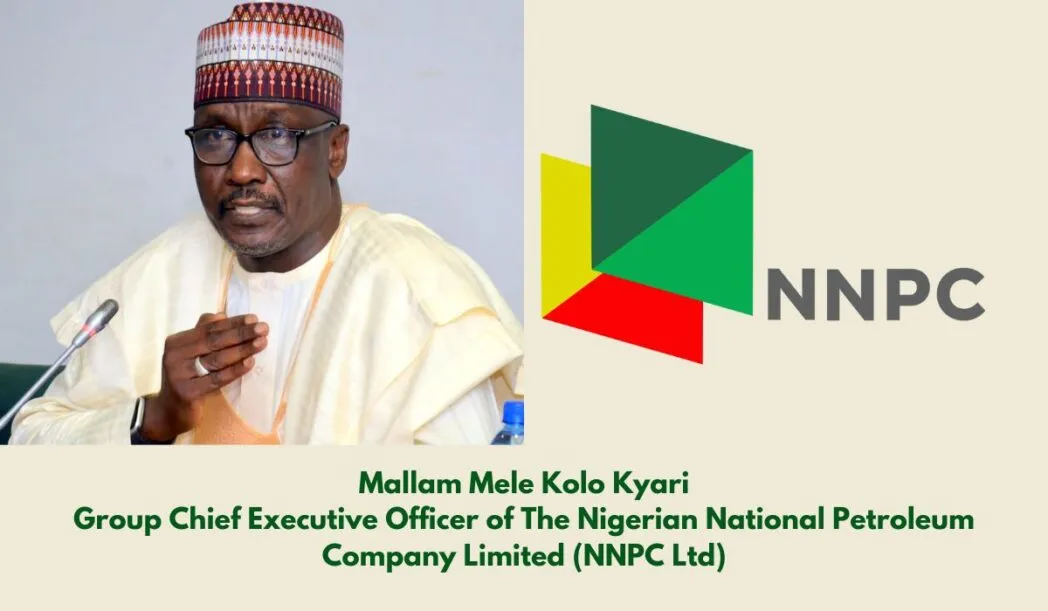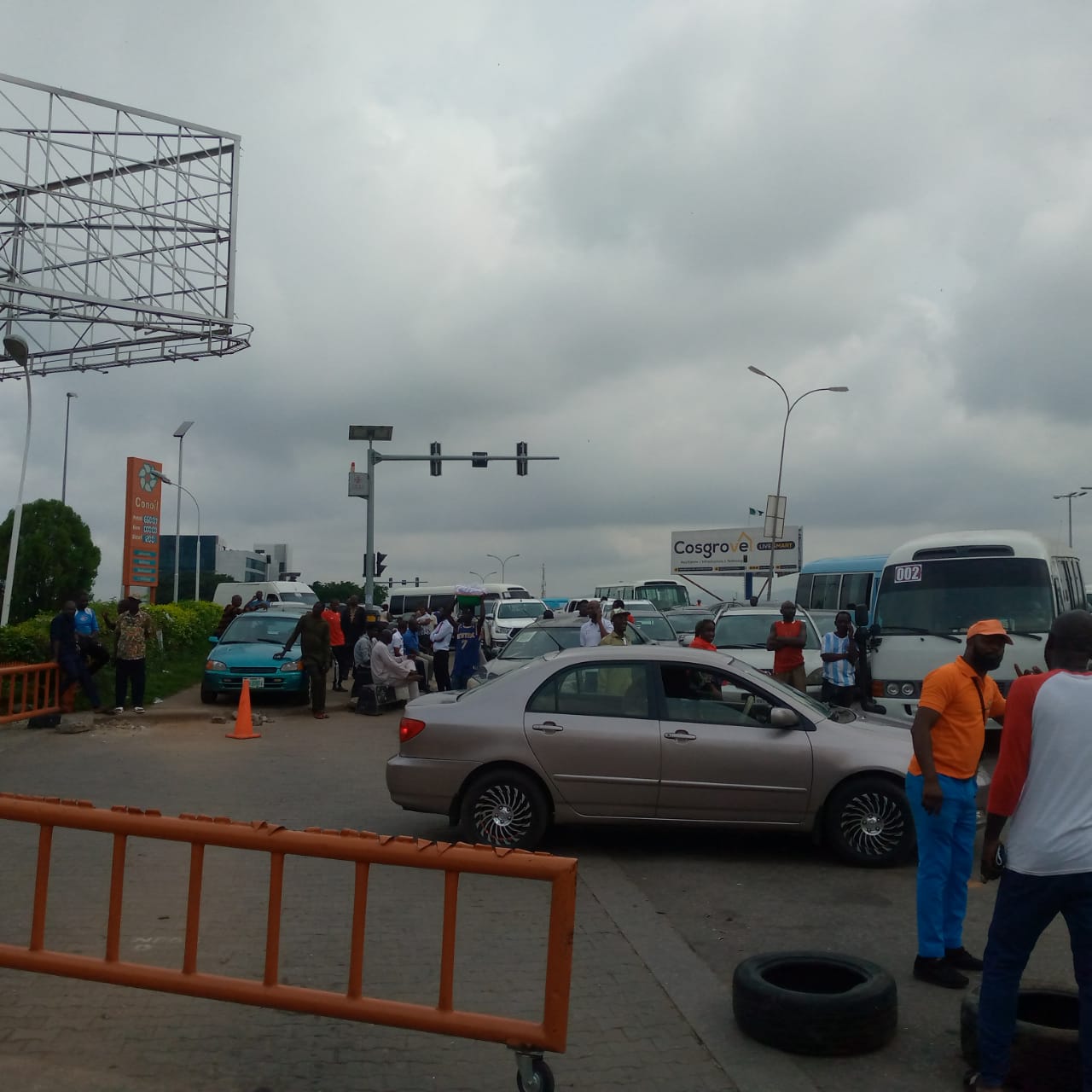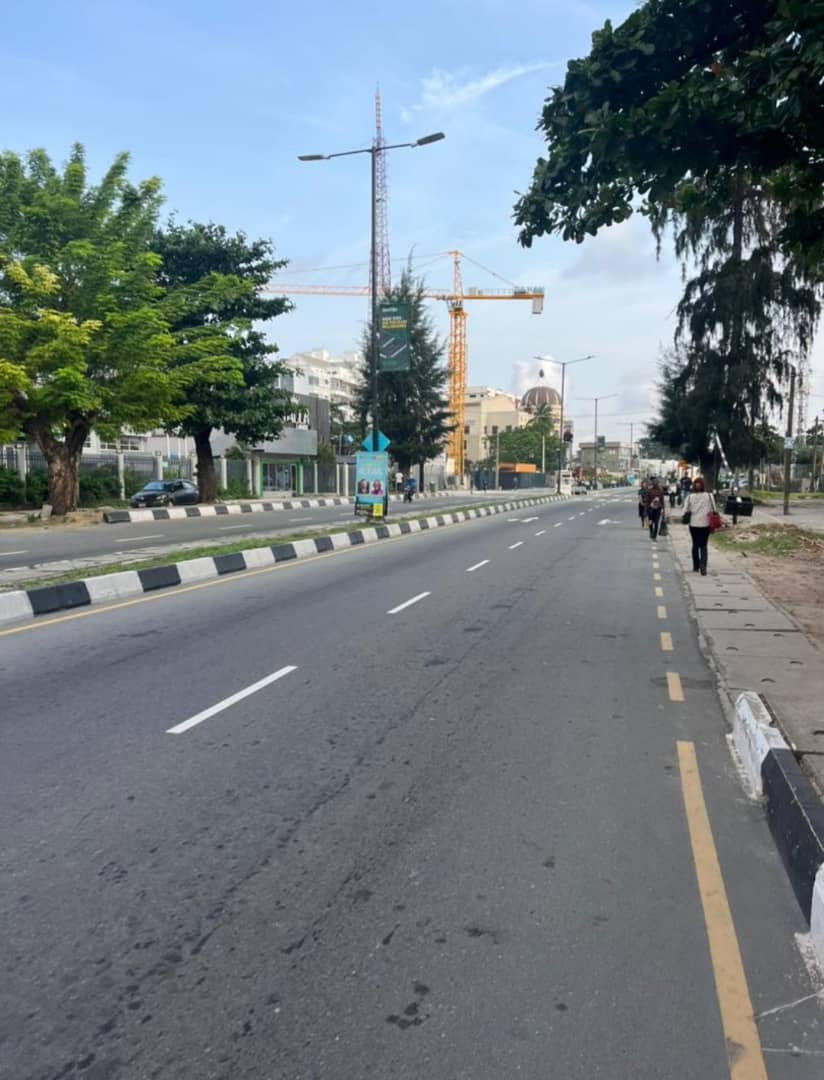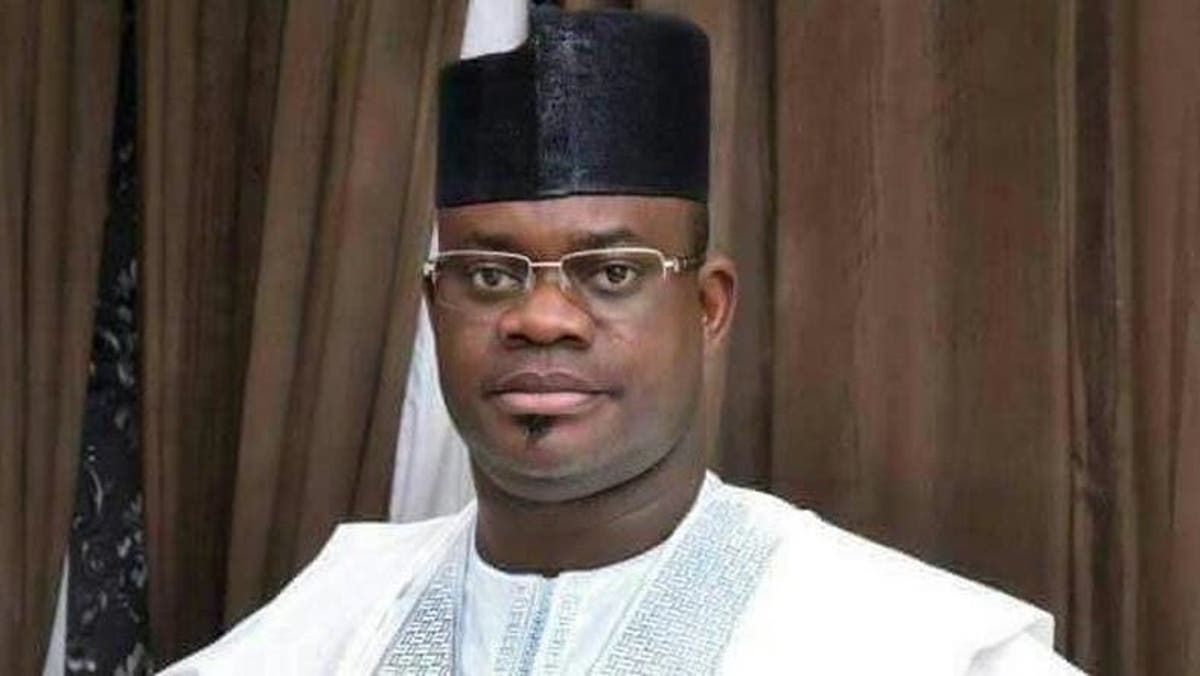Nigerians Groan Under Weight of 352.5% Fuel Price Increase

By Emmanuel Kwada
A devastating 352.5% increase in fuel prices since President Bola Ahmed Tinubu took office in May 2023 has pushed Nigerians to the brink.
The latest data reveals a catastrophic trend, with prices soaring from N198 to a staggering N897 in just 16 months.
The nightmare began on May 29th at Eagle Square when President Tinubu announced, ‘Subsidy is gone.’ The fuel price immediately jumped from N198 to N490, as seen in the chart below, which is a 147.5% increase in a single day.

Chart Showing the Steady Increase in Fuel Prices in 16 Months
The fuel price fluctuated until August, when the NNPCL, citing the surge in international market prices for petroleum products and the continued devaluation of the Naira against the Dollar, especially in the parallel market where most importers source forex, increased the fuel price by 12.2%. Due to a lack of products caused by foreign exchange rate volatility, the landing cost of Premium Motor Spirit, popularly called petrol, increased by 13.9% in April. Nigerians woke up to find that the price of fuel had been increased to N897 by NNPCL, just as they were celebrating the news that the Dangote refinery was finally producing, expecting the price of fuel to come down. Instead, it went up by 9.5%, making the cumulative percentage increase from May 2023 to September 2024 352.5% under President Bola Tinubu.
The nightmare began on May 29th at Eagle Square when President Tinubu announced, ‘Subsidy is gone.’
The relentless hike has sparked widespread outrage, with citizens struggling to cope with the skyrocketing cost of living. Commuters are bearing the brunt, with transportation costs becoming unbearable.
” Suleiman, an Abuja worker, lamented the fuel price increase, saying, “I have been here since 6 am looking for a bus to my workplace, but all the buses are charging N1000 to Wuse. I don’t know what to do.”

Motorists stranded in fuel queues in Abuja
“I will manage to go to work for this week since we have a staff meeting on Monday, then wait for the outcome of the meeting before I decide whether to resign or not. I earn N75,000, and no other money comes into my hands apart from that. Imagine if I pay N1000 to Wuse, then pay another N200 from Zone 4 bus stop to my office, which I don’t know if they will also increase. Also, N200 from my house in ASO B to Mararaba junction in Nasarawa State, totaling N2800 every day. Do the calculations and advise me, my brother. I’m tired, seriously. Don’t forget I have a family to feed, and my wife is a private school teacher who earns less than N30,000,” Suleiman said.
Prices have dramatically increased by 50%. I couldn’t believe my eyes.
The situation has also had a harsh impact on ordinary citizens, with prices of goods and services increasing sharply. Elizabeth Daniel, a mother of four, said, “My daughter will be going to school this week, so I decided to go shopping for her, but it’s not funny. Prices have dramatically increased by 50%. I couldn’t believe my eyes.”

People walking on empty streets in Abuja as motorists are stuck in fuel queues
Long queues have resurfaced at fuel stations, with many motorists stranded and unable to access fuel. The streets are empty, and social media is filled with criticism of the federal government’s handling of the fuel subsidy removal.
As the situation deteriorates, Nigerians are demanding accountability and relief. A group of protesters stormed the streets of Abuja, calling for change. With the Dangote Refinery unveiling its products, citizens are looking to the private sector for salvation.
“The government must act now to address this crisis and provide tangible solutions to alleviate the suffering of its citizens.
The fuel price hike under President Tinubu’s administration has had a profound impact on Nigeria, and it’s time for change, say Barrister Osakwe.
Read Also: Nigeria’s Largest Refinery Starts Production, Meets International Standards
The Insight Report
Nigeria Coverage



